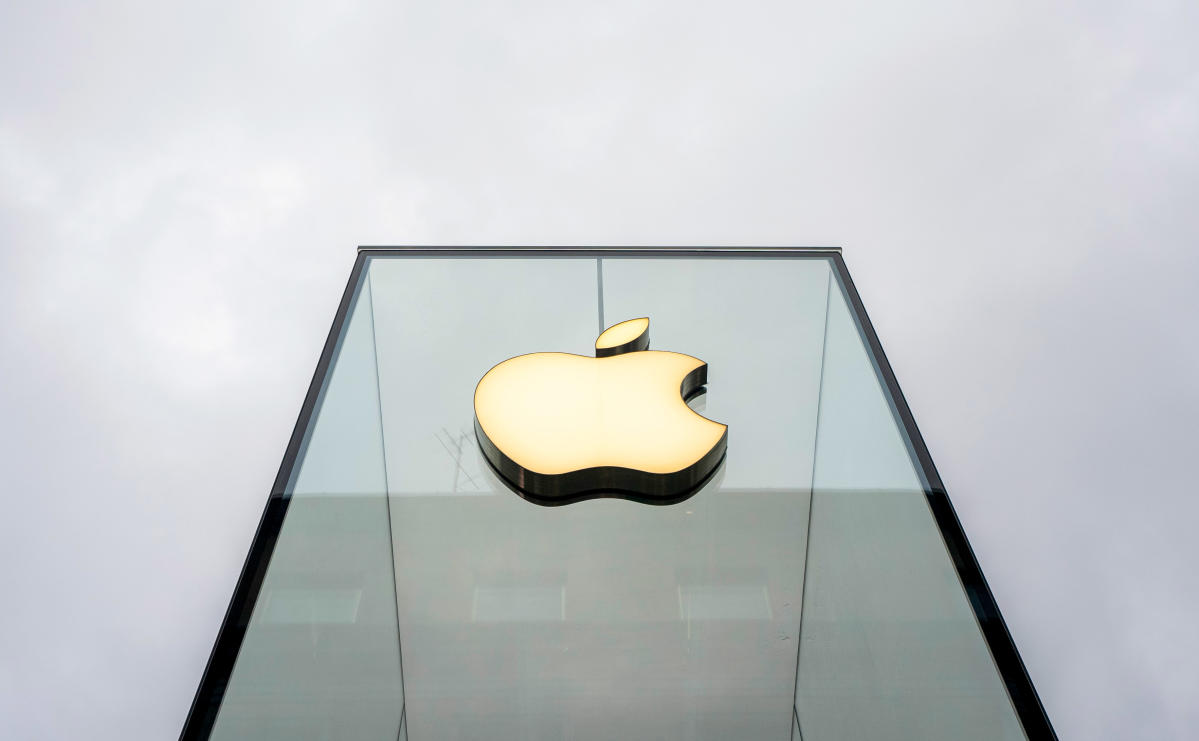The long fight to make Apple’s iMessage compatible with all devices has raged with little to show for it. But Google (de facto leader of the charge) and other mobile operators are now leveraging the European Union’s Digital Market Act (DMA), according to the Financial Times. The law, which goes into effect in 2024, requires that “gatekeepers” not favor their own systems or limit third parties from interoperating within them. Gatekeepers are any company that meets specific financial and usage qualifications, including Google’s parent company Alphabet, Apple, Samsung and others.



Uh yea, because we do so much more on our phones, it might be well designed, but it was well designed for the 90s. That’s why it makes a good fallback protocol, but by no means should it be the go-to.
RCS is the replacement, it’s been the replacement for a long time in the EU. In fact, if the US carriers just implemented it when the EU did, this entire thread wouldn’t even exist.
It’s a standard until Google takes control of the GSM Association.
Here’s a Wikipedia article on RCS : https://en.wikipedia.org/wiki/Rich_Communication_Services
Even has this blurb: